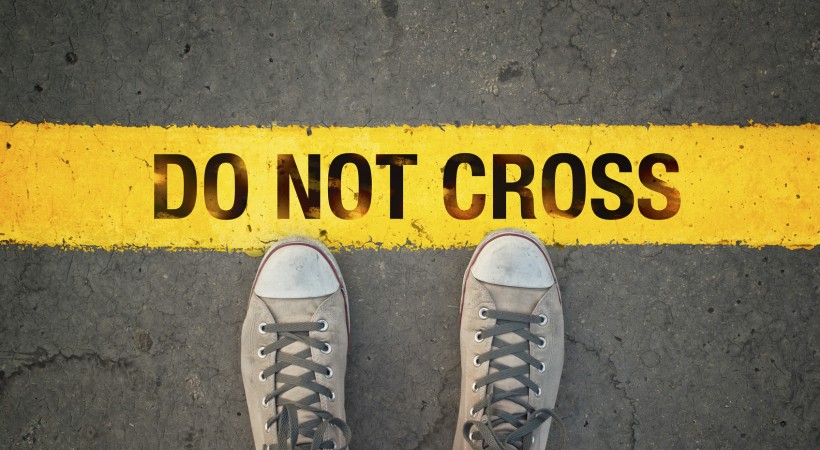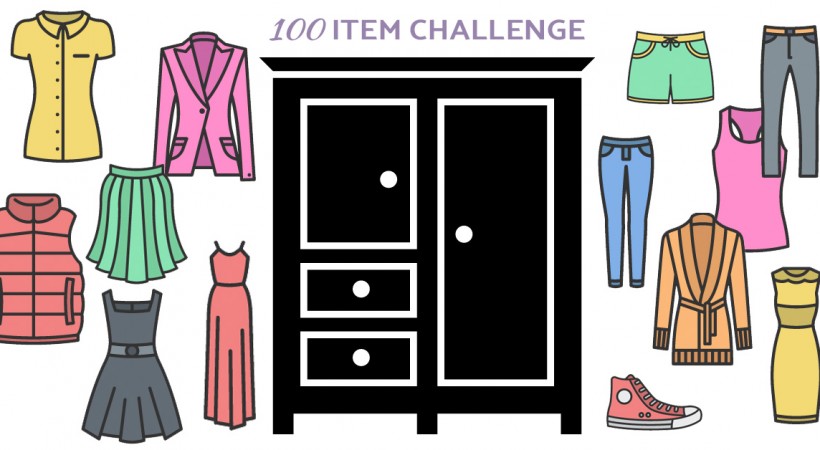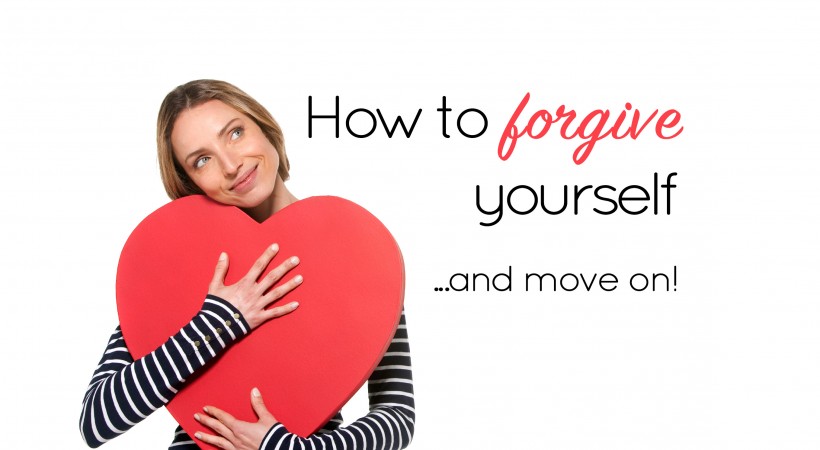It sucks feeling like you’ve been walked all over, or taken advantage of. Maybe it’s been happening so long, it’s starting to feel like the norm?


It sucks feeling like you’ve been walked all over, or taken advantage of. Maybe it’s been happening so long, it’s starting to feel like the norm?

Sleep, eat, work, play. Repeat.
Life with your other half starting to feel predictable? Partner feeling more like your roommate or business partner? Get out of the relationship rut with these date night ideas.

We all have friends who hit the gym at 6am, pull 10 hours at the office, pick up their teens from hockey, go for dinner and drinks, stay up till 2am, and be at the gym by sunrise to do it all over again. Sleep deprivation doesn’t even exist in their vocabulary. How do they do it?!
The answer is: It doesn’t matter.
I want to share with you the story of my daughter Andria.
Andria entered this world just over 14 years ago, after a wrenching 49 hours of labour. She was 6lbs 15oz and I was just 23 years old at the time. I remember looking at her in my arms and thinking about the amazing life we were going to have together: her learning to crawl, walk, talk, read, ride a bike, go to school, graduate, get a job, get married and have children of her own. I think that’s what all mothers do, in some form, don’t they?
As many of you may know, it’s likely that Andria’s life isn’t quite going to turn out that way, and I want to share some of the realities that I’ve been presented with over the course of her life. I want to be raw, open and honest. In return, please don’t get your self-righteous fingers on your keyboard and think it’s OK to type something into the comment box that you would never in a million years say to me in person. Just don’t. It will make you look horrible, trust me.
And I want to clarify a few points:
Point #1 – I love Andria. Beyond what I can even describe in words. I think it’s a pretty normal mommy-daughter love – we have periods of frustration, arguments and tough, messy parts. But I have not for one moment ever stopped loving her.
Point #2 – I am fully aware that, despite the challenges we have been through, it’s not a far look to find parents that have things much, much worse. This is not about comparing my life to theirs, or complaining about my life, or anything like that. This is just a look into my reality.
Moving on…
When she was 11 months old she suffered what was later told to me to be a ‘harmless’ febrile seizure after a pretty nasty flu. Doctors and paediatricians assured me repeatedly that there would be no long term, permanent effects, but I didn’t believe them. I didn’t believe them because I’m The Mom, and sometimes The Mom just knows.
About a year later, she ate a peanut butter cup, and we had the scare of our lives. That scare where doctors and nurses shove you out of the way and say “Get the mother out of here” and speak in that scary code language that we normally only see on the most intense of television drama shows.
So, I had on my hands a mentally disabled toddler with a life threatening allergy to peanuts.
Which back in 2004 were-friggen-everywhere. There were nuts in my bath soap, most of my food, even the wax that was in the garage to wash the car. Everywhere. While she laid in her hospital bed under constant observation, I was at home bringing garbage bags of food out of my house because now, life was very, very different.
The doctors told me that she wouldn’t have any further cognitive issues because of the peanut allergy, but again, I didn’t believe them. Because I’m The Mom.
Three months after that, she couldn’t walk. My life became a wild ride of appointments, medications, specialists and therapy that goes along with a Juvenile Rheumatoid Arthritis diagnosis. So now, I had a mentally disabled toddler who I was scared to take anywhere where there was food because of the peanuts. That couldn’t walk because of arthritis. And couldn’t tell me what was going on because she is mentally disabled. Say that 10 times fast.
And then, I just yelled. I said “I’m The Mom and I just KNOW so stop telling me she will be completely normal!” And they did. Finally.
If I had a few sentences to describe Andria…
I would tell you that she is kinder and more compassionate than most people. That she is a 6 year old trapped in a 14 year old body, and has the communication skills of about a 4 year old. That she has a contagious laugh, and a great heart and a big desire to please. She teaches me how to be more easy going, to see the joy in simplicity, and to let things go. Like water off a duck’s back.
She really is one of my favorite humans.
But, here are a few tough things about my life with this kid:
The blessings she has brought into my life and what I have learned from her have far outweighed the challenges and the future unknowns. Some days I get excited at what potential she has and it makes my heart burst to see the joy she brings to everyone around her.
For now, we’re taking it one step at a time.

The idea of living with less has become more and more attractive over recent years. Maybe you too have been swept up in the decluttering buzz of Marie Kondo’s The Life-Changing Magic of Tidying Up? It’s a welcome reminder for us to only hold onto items that bring joy, and let go of everything else.

Your dentist recommends preventative care for your teeth and your doctor advises regular check ups for your body. But who’s prescribing preventative care for your soul?
Preventative care for your soul helps strengthen your emotional wellbeing, so when stressful or negative situations arise you’re better prepared to handle them. Continue reading

Hey, you know what? We’re human, and we make mistakes. A lot! It’s a part of life. But regularly replaying slip-ups in your head, beating yourself up about them, and losing sleep over them – won’t make them go away!
Instead, what you’re doing, is building barriers of anger, pain and sadness around you, preventing you from moving on with your life.
Thankfully, there’s a remedy to bust through those barriers. But it can be a challenge (didn’t say this was going to be easy, but it’s definitely worth it!). Learning how to forgive yourself can help you let go of those negative feelings and bring peace into your world.
“Forgiving yourself and others will release you from the prison of the past. When you don’t flow freely with life in the present moment, it usually means that you’re holding on to a past moment. It can be regret, sadness, hurt, fear, guilt, blame, anger, resentment, or sometimes even a desire for revenge. Each one of these states comes from a space of unforgiveness, a refusal to let go and come in to the present moment. If you’re holding on to the past, you can’t be in the present.” Louise Hay on forgiveness.
You forgive others, but sometimes forget to forgive yourself. Denying yourself the grace and kindness of self-forgiveness could be prolonging unnecessary suffering, and hurting your confidence and self-worth.

Self-forgiveness is a powerful gift. You can’t change what has happened in the past, but you can make peace with it and move forward with good intentions for the future.
What can you forgive yourself for today?